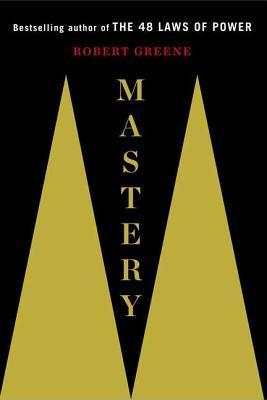More on this book
Community
Kindle Notes & Highlights
apothecary—he
knack
rigorous
flowery language,
perfect backer:
prominent businessmen
Le Corbusier.
Pantheon in Rome, the buildings of Gaudí in Barcelona, the bridges designed by Robert Maillart in Switzerland—he
Milwaukee Art Museum.
combining the “how” and the “what”
We must constantly ask the questions—how do things work, how do decisions get made, how does the group interact? Rounding our knowledge in this way will give us a deeper feel for reality and the heightened power to alter it.
theory of relativity.
It is often the case that in our younger years we learn faster, absorb more deeply, and yet retain a kind of creative verve that tends to fade as we get older.
right mentors know where to focus your attention and how to challenge you.
Sandemanians,
hungry for knowledge and frustrated by his lack of means to get it.
bookbinder.
Improvement of the Mind
Reverend Isaac Watts, first published in 1741.
dejected.
keeping him under his thumb.
To learn requires a sense of humility. We must admit that there are people out there who know our field much more deeply than we do. Their superiority is not a function of natural talent or privilege, but rather of time and experience. Their authority in the field is not based on politics or trickery. It is very real.
if we feel in general mistrustful of any kind of authority, we will succumb to the belief that we can just as easily learn something on our own, that being self-taught is more authentic. We might justify this attitude as a sign of our independence, but in fact it stems from basic insecurity.


